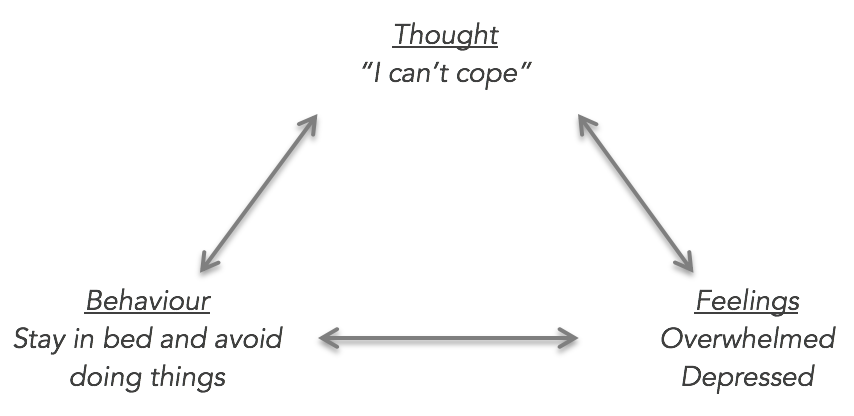
Depression Treatment: What is Involved?
You walk down a dark and winding pathway, hoping it will lead to somewhere calming and reassuring…
Only the further you walk, the darker the pathway becomes…
You look back, and you can’t see your way back…
You feel lost. You feel scared. You feel alone.
You keep walking, but your hope starts to diminish, as you struggle to see the end.
Depression can make you feel hopeless and sad, or even nothing at all – empty and numb. It can be hard to imagine feeling better, but there are lots of options available for depression treatment. With professional help, you can start to feel better about yourself and your future.
Depression treatment will help you see light and colour in your pathway.
Depression treatment: what is it?
There are a few different forms of depression treatment, which fit under two main umbrellas. First, there are medical treatments, which work by increasing particular happy hormones in the brain (i.e. neurotransmitters, such as serotonin). These include first line treatments of medication and TMS (trans-cranial magnetic stimulation), followed by ECT (electroconvulsive therapy) (Note, TMS and ECT may sound intimidating, but they are safe and effective). Second, there are a range of effective psychological therapies used to treat depression, such as CBT (Cognitive-behavioural Therapy) or IPT (Interpersonal Psychotherapy).
Depression treatment is tailored to the individual; there is no “one size fits all”. However, most people start out with therapy in combination with medication, or therapy on its own. It is important when seeking help for depression to recruit trustworthy and reliable health professionals to guide your treatment and recovery. The best place to start is with a GP or psychologist.
How does a psychologist help with depression?
Psychologists use evidence-based therapies that target three main areas: your thinking, feelings and behaviours. Your thoughts, feelings and behaviours are all linked, so by changing one, you can change the rest. Here is an example commonly seen in depression:

Each therapy has its own framework and principles, and goes about achieving change across these three pillars in different ways. For example, ACT (Acceptance and Commitment Therapy) targets our reactions (thoughts, feelings and behaviours) to difficult emotions or pain. For example, as a reaction to suffering a chronic illness, you may avoid doing certain things – e.g. going away on holidays. ACT works towards accepting the adversity that comes with a chronic illness, rather than avoiding things (like holidays) that may provide joy. ACT teaches skills for coping with difficult emotions, rather than trying to “get rid” of them.
Whereas, IPT (Interpersonal Psychotherapy) targets our relationships: relationship functioning and our relationship network. This therapy focuses on improving the way we relate to others, and includes changing the way we think/perceive others.
On the other hand, CBT (Cognitive-behavioural Therapy) directly works to change your thoughts about particular “trigger” situations (e.g. you may perceive being judged at a party). CBT encourages behavioural change and teaches coping skills.
A therapist may pick one therapy or a combination of therapies to treat depression.
How long does treatment of depression take?
The length of time required for depression treatment varies from person to person; some people will only require a handful of sessions, while others need longer term treatment. Factors that influence the time it takes to recover from depression include: trust in your therapist, hope of recovery, use of evidence-based practise, a good support network, severity of depression, ability to connect with emotions, insight and psychological mindedness, motivation for change, and regular therapy attendance.
How can Peaceful Mind Psychology help?
We are a team of warm and professional psychologists based in Melbourne, who are well trained and experienced in treating depression. If you would like some professional assistance contact us at Peaceful Mind Psychology.
